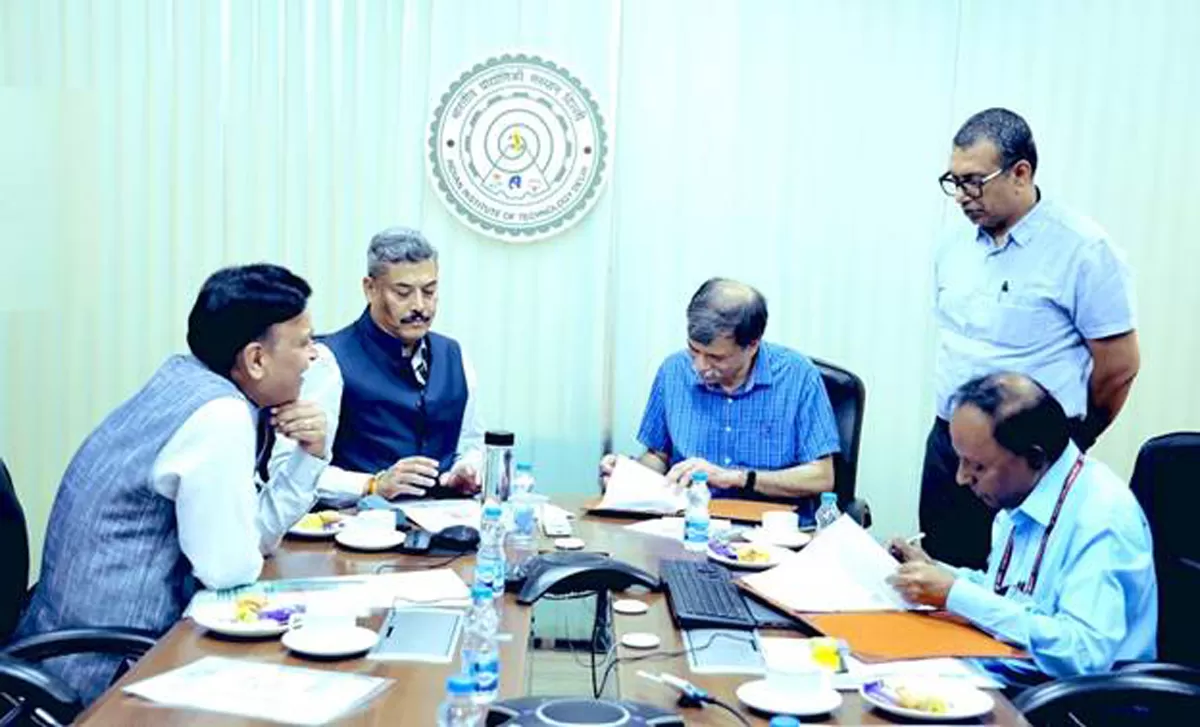In addition to credits and debt collections, the most essential aspect of a business is pre-contract negotiations, writes
DEEPAK M THAKKAR.
The fate of a business is essentially decided by how it manages its credits and debt collections.
A creditor always pursues the action to recover his debt as swiftly as possible, without undue delay and, most important, without losing his customer. Of the several ways of protecting one´s business, pre-contract negotiations play an important role in drafting commercial contracts.
Sneak peek
Commercial contracts require accurate and precise drafting. It is very important from the point of debt collection that a ¨conclusive evidence clause¨ is negotiated and inserted in the contract. In addition, it is essential to insert the clause ensuring credit given to the customer is easily recoverable. One can also insert a clause of director´s personal guarantee in case of any debt arising from the contract along with the clause for referring the dispute to the civil court or the Arbitral Tribunal, as the case may be. The right to receive money obviously arises under a contract between the parties. Such a right would be a contractual right and, therefore, could be enforceable by following the procedure prescribed by the law applicable to civil proceedings. The manner in which a dispute can be adjudicated upon depends on the procedural law in force in the particular state.
Genesis of litigation
What are the causes of litigation in the construction industry?
- One-sided agreement.
- Fundamental issue of scope of work and time.
- Inadequate or inaccurate drawings and specifications.
- Delay in providing the materials and equipment at site.
- Absence of necessary permissions and approvals.
- Absence of fast-track or design- build approach.
Apart from the above causes, litigation may also arise because of substandard services, misrepresentation, incapacity to fulfil promises, unethical, unfair and deceptive business strategy, etc.
Here are some case studies to support the law:
Conclusion
In order to avoid litigation for debt recovery, the parties to the contract must negotiate the terms and conditions well. It is recommended that the contract be drafted considering the judgments passed by the Apex Court and the various High Courts in India.
About the Author:
Deepak M Thakkar, is an Advocate of the Bombay High Court and Partner of Pragna Thakkar and Co.
Issue of jurisdiction
In the case of Yograj Infrastructure Ltd (YIL) versus Ssang Yong Engineering and Construction Company Ltd (SSY) reported in AIR 2011 SC 3517, the issue before the Apex Court was (i) Whether the Indian Courts would have jurisdiction to entertain an appeal under Section 37 of the Act, against an interim order passed by the Arbitral Tribunal with its seat in Singapore? (ii) Whether the law of arbitration would be International Arbitration Act, 2002 of Singapore? and (iii) Whether the Curial Law would be the laws of Singapore? Answering the issues, the Apex Court held that once the arbitrator was appointed and the seat of arbitration was in Singapore, the arbitral proceedings were commenced and SIAC Rules became applicable. It further held that the International Arbitration Act, 2002, of Singapore, would be the law of the arbitration.
Enforceability of contract
In the case of Kerala State Electricity Board and another, vs Kurien E Kalathil reported in AIR 2000 SC 2573. It was held that one of the parties to the agreement is a statutory or public body will not of itself affect the principles to be applied. The disputes about the meaning of a covenant in a contract or its enforceability have to be determined according to the usual principles of the Contract Act. Every act of a statutory body need not necessarily involve an exercise of statutory power. Statutory bodies, like private parties, have the power to contract or deal with property. Such activities may not raise any issue of public law. The disputes relating to interpretation of the terms and conditions of such a contract could not have been agitated in a petition under Article 226 of the Constitution of India.
Interpretation of terms of contract
In the case of R.SI.DI. Corporation vs Diamond and Gem Development Corporation Ltd reported in AIR 2013 SC 1214, the Apex Court held that: ¨A party cannot claim anything more than what is covered by the terms of contract, for the reason that contract is a transaction between the two parties and has been entered into with open eyes and understanding the nature of contract.
The contract is to be interpreted giving the actual meaning to the words contained in the contract and it is not permissible for the court to make a new contract, however reasonable, if the parties have not made it themselves. It is to be interpreted in such a way that its terms may not be varied.
The contract has to be interpreted without giving any outside aid. The terms have to be construed strictly without altering the nature of the contract, as it may affect the interest of either of the parties adversely.¨
As-is-where-is basis
The phrase ?as-is-where-is has been explained by the Apex Court in Punjab Urban Planning and Development Authority and Ors. vs Raghu Nath Gupta and Ors. reported in AIR 2012 SC 3194. It was held by the Apex Court that the respondents had
accepted the commercial plots with open eyes. Evidently, the commercial plots were allotted on an as-is-where-is basis. The allottees would have ascertained the facilities available at the time of auction and after having accepted the commercial plots on as-is-where-is basis, they cannot be heard to contend that the basic amenities like parking, lights, roads, water, sewerage, etc, were not provided.
If the allottees were not interested in taking the commercial plots on as-is-where-is basis, they should not have accepted the allotment and after having accepted the allotment on as-is-where-is basis, they are estopped from contending that the basic amenities were not provided.


















